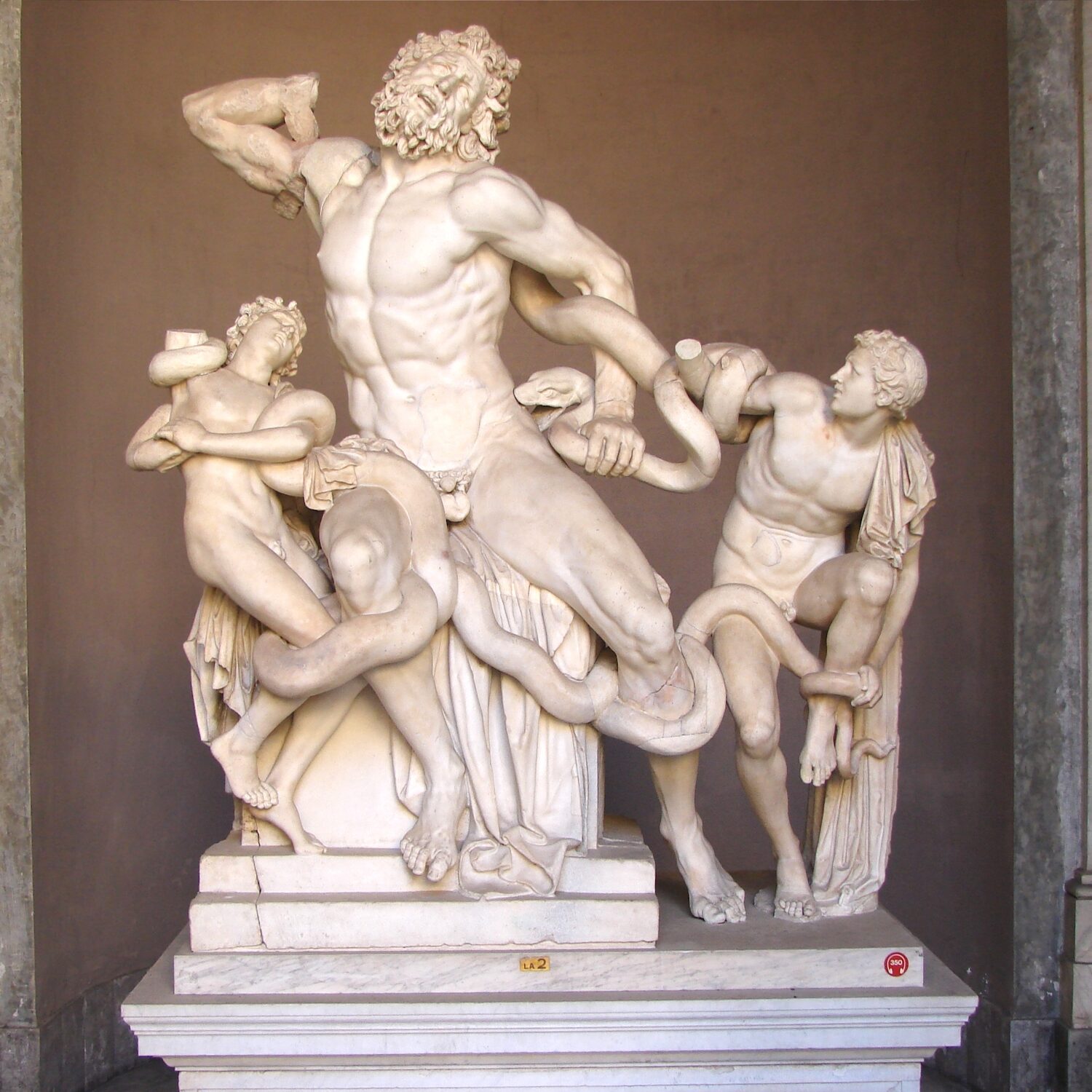2024 Symposium Cumanum

Symposium Cumanum, June 25-28, 2024
Virgil, the Virgilian Tradition, and the Question of Humour
Co-Directors: Celia Campbell (Emory University), Bobby Xinyue (King’s College London).
Throughout the ages, the firm canonization of Virgil has led to an entrenched seriousness of approach and interpretation when it comes to his corpus. In other words, Virgil is, by all accounts, considered probably the least humorous poet from Graeco-Roman antiquity. Yet there are unmistakable hints (if not prolonged moments) of humour across Virgil’s literary output. In the Eclogues, the characterization of Corydon in Eclogue 2 evokes the laughably pitiful image of Polyphemus in Theocritus Idyll 11. In the Georgics, do we not smile knowingly when Virgil compares the bees to Cyclopes (G. 4.169–78)? Even the Aeneid is not above moments of slapstick: Nisus’ dung-covered face gets a laugh from Aeneas (and probably most readers) amidst the more serious commemorative moments of the games in Book 5. The way these varied types of humour share space with profound seriousness raises important questions about the aesthetics and sensibilities of Virgilian poetry for the modern reader.
However, despite the fact some essential authorial seriousness makes Virgil a good foil for humour in the works of later authors, and despite the invitations to parody or manipulation issued by the works themselves, few allowances are made by modern readers for considering the issues of wit and humour, and few concessions made to parsing tonal ambiguities.
This year’s symposium reopens critical perspectives on Virgil by seeking readings that accommodate and embrace the idea of Virgilian wit, and that trace the ways in which ancient readers, writers, and commentators similarly acknowledged the possibilities for humour afforded by the Virgilian corpus. In pursuing this theme, we hope to refresh perceptions of Virgil and Virgilian verse in ways learnedly compelling, unexpected, and amusing.